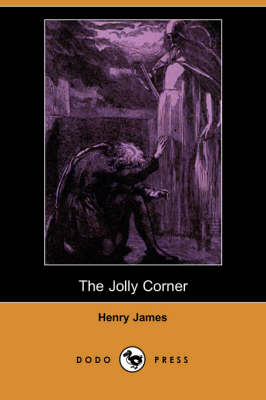
Briana @ Pages Unbound
Written on Jan 15, 2020
The general premise is that the main character returns from abroad to New York City, where he holds some property that he could have inhabited but never did. He meets with a young lady who prompts him to think about this “possible life” and subsequently becomes obsessed with visiting the empty property and looking for the ghost of his alternate self, the person he would have been if he’d chosen to liven in New York. There’s a bit of Poe’s “The Tell-tale Heart” about the story, as the protagonist is consumed by thoughts and perhaps visions only he can access and descends into a bit of madness because of it.
The idea that our choices determine who we are is, I think, inherently interesting. I’d wager that most readers have taken a moment to ponder how their lives might have been different if they’d chosen to go to College B instead of College A or if they had accepted Job Y instead of Job X or if they had pursued art lessons instead of piano lessons. Would our personalities be different? Our incomes? Our families and friends? James’s protagonist is simply different in that he can inhabit the space he believes would have led to a different life, roaming the empty rooms and looking for his alternate self behind corners and closed doors. It’s unlikely readers visit college campuses they never attended and intensely ponder what it would have been like to go there, after all. So James takes the basic “What if?” idea and brings it to a dramatic depth, building the “horror” of the story.
But that was basically it for me. James could have, like me, asked the basic question of, “How would life be different if I had made this specific choice?” in the space of a single paragraph, but to make it a whole story involves drawing out, something James is good at (if you’re into that). Personally, I often think most of his prose is “atmospheric.” He builds that setting and the mental state of his characters with complex sentences, but ultimately little more is happening than the protagonist roaming the halls and having an existential crisis, which is a let-down if you’re looking for more of a plot.
The Jolly Corner is worth reading in the sense that it’s short and raises some thought-provoking questions, but it ultimately is a Henry James story written in Henry James prose, which is something some readers like and others don’t.
More reviews at Pages Unbound.
